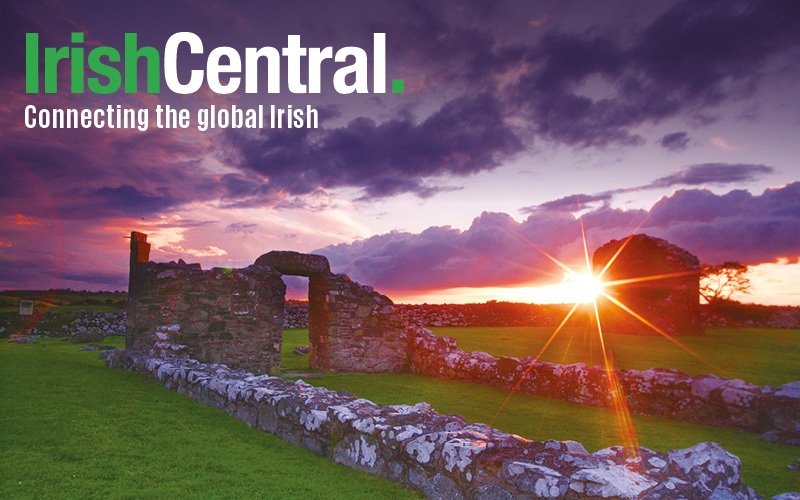A report written nearly 300 years ago by an Irish bishop proposed that a college be set up in Bermuda to convert “savage Americans to Christianity.”
Written by George Berkeley, the report noted the lack of progress made by the gospel in the New World, saying Americans continued in “the same ignorance and barbarifm [sic] in which we found them 100 years ago.”
He proposed the school, named St Paul’s College, to be placed in Bermuda, saying the island was an ideal spot for conversions as it lacked any form of major trade — therefore the Americans would not be tempted to try and make a fortune while there.
“The trade of Bermuda consists only in garden-stuff, and some poor manufactures principally of cedar and the palmetto-leaf,” said the report, published in 1725.
“Bermuda hats are worn by our ladies. They are made of a fort of mat, or [as they call it] platting made of the palmetto leaf, which is the only commodity that one can find exported from Bermuda to Great Britain.
“And as there is no prospect of making a fortune by this small trade, so it cannot be supposed to tempt the fellows of the college to engage in it, to the neglect of their peculiar business, which might possibly be the case elsewhere.”
Berkeley married Anne Foster in 1728 and departed for America, where he spent several years in Rhode Island.
He obtained a charter for the college, private contributions, and a promise for a grant of £20,000 from the British Parliament, Bernews.com reports.
However, in 1731, the Bishop of London told Berkeley that Sir Robert Walpole had said there was little chance that the promised grant would be paid.
Berkeley eventually left America and returned home.
The Internet Encyclopedia of Philosophy states: “While the Bermuda project was a practical failure, it increased Berkeley’s reputation as a religious leader.
“It is considered partially responsible for his appointment as Bishop of Cloyne in January 1734. In February of the same year, he resigned as Dean of Derry. He was consecrated Bishop of Cloyne in St. Paul’s Church, Dublin, on 19 May 1734.”
Berkeley died on January 14, 1753.
Although he never realized his dream of opening a college in Bermuda, the Berkeley Institute, which opened its doors on the island in 1897, is named in his honor. The city of Berkeley in California is also named after him.




Comments